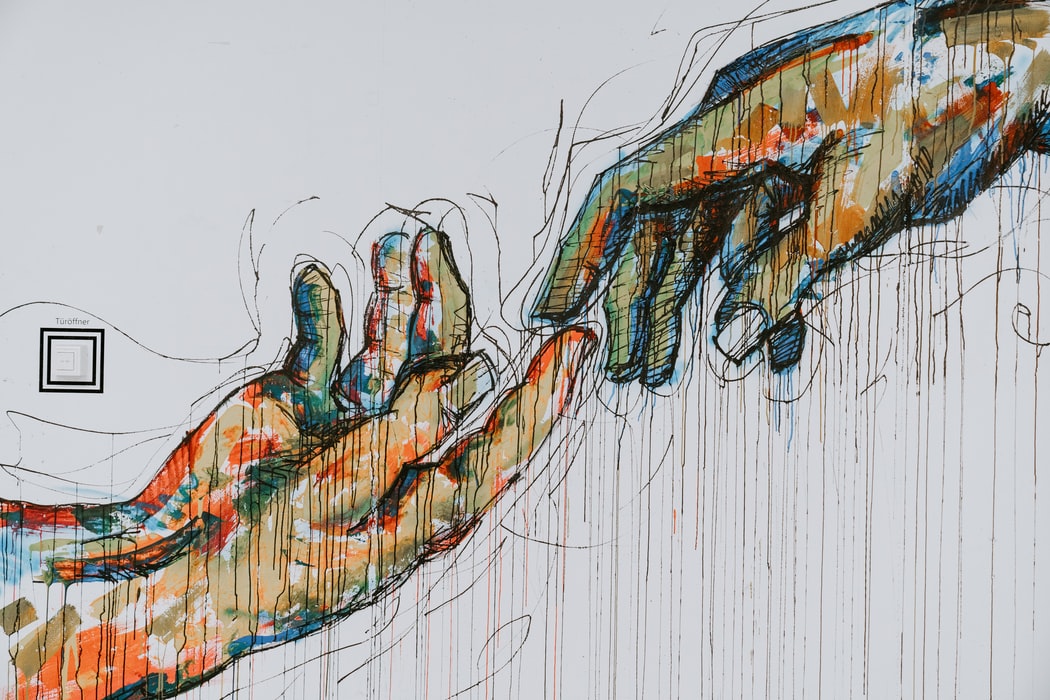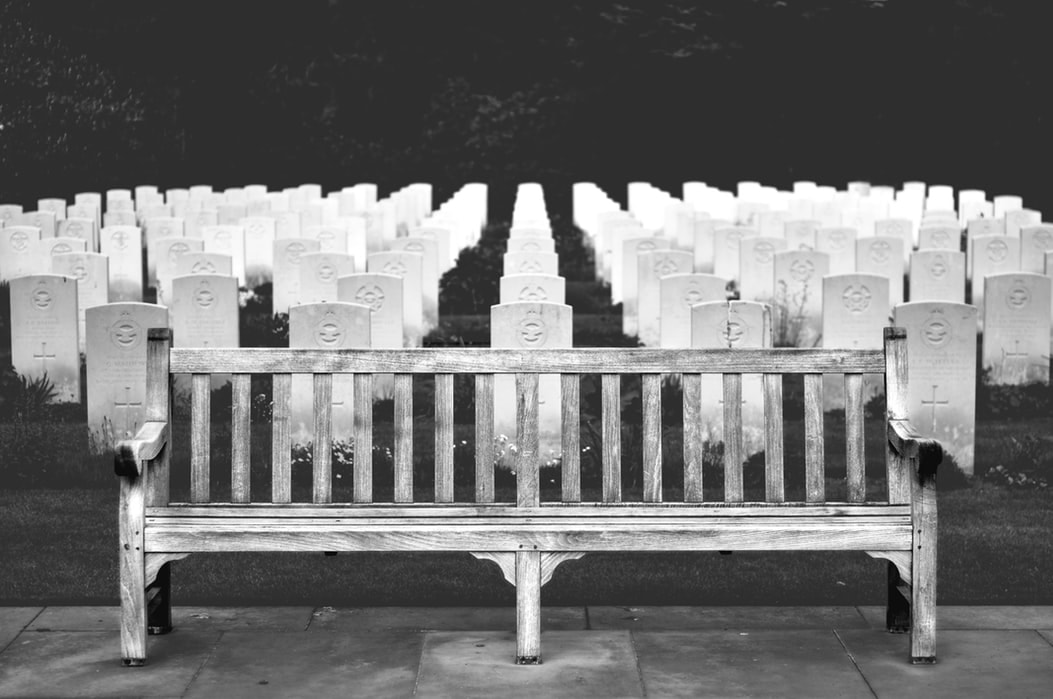|
I write this 10 days after an assassination attempt on a former president. We are grateful for former President Trump’s safety and grieve the death of an innocent bystander. I write this two days after a president stepped down from his reelection campaign. We pray for President Biden’s well-being as he completes his term as president, the hardest job in the world.
As the political climate in our country grows more tumultuous, I notice an increase in “messianic” language applied to candidates. Words like “save,” “deliver,” and “chosen one.” In Wisconsin last week I passed dozens of “Save America” signs. I’m working out a thesis that every human being is tempted to construct an identity, a self that we desire to be. In a series of posts, I'll address three ways we seek to build an identity and three historic Christian practices that provide a better answer to the identity question. Henri Nouwen provides the inspiration for self-diagnosis. We’ll begin with the first, “I am what I do.” I am what I do, what I have, or what others say about me.” - Henri Nouwen Every weed has a root. I contend that under every sin is an identity issue. It's a thesis I’ve been working with for awhile. The worst things about us are often an attempt to justify a self made identity. Greed, ego, self-importance, addiction, sexual conquest. These are symptoms of something deeper. There’s always a root under the stem and leaves.
Stop for a moment. Look at the device and the platform upon which you are reading these words. An unintended (or maybe intended) consequence of our technology is that it instigates comparative competition. We can’t help but size up our own lives in comparison to what we see of others. “How is her family so picture perfect?” “Why don’t I look like that?” “Why haven’t I gotten another degree?” “I wish I was on the beach in February.” “Why am I not married yet? Will I ever be?” Put aside the fact that you are often seeing a constructed reality. Life is generally not as good as the pictures we post. Your life is a unique creation of God, not a picture. You dare not be a parody of someone else’s curated self. You have shoes that are uniquely your own. Don’t try to fit in someone else’s. So turn off the screen, put those shoes on, and start walking the distinct life that God has willed only for you. “Criticism of others is thus an oblique form of self-commendation. We think we can make the picture hang straight on our own wall by telling our neighbor that all his pictures are crooked.” - Fulton Sheen On Wednesday, January 6th, 2021, I saw a flag charging the Capital steps. It had two names on it. The name of our Savior and the name of our president. I was angry. Not for political reasons, but for theological reasons. Why?
In his 1981 book Megatrends, John Naisbitt taught that the more “high tech” a society is, the more “high touch” it must become. 40 years later, this is truer than ever. As I look at ministry in the trenches, I see “high touch” as the most critical ministry skill today.
These days you can’t make plans more than a week out. Ask any educator preparing for the school year. Things change daily, even by the hour. This leaves life feeling chaotic and uncertain.
So how do we go about our work? Is it worth all the effort? Should we make plans, or just throw up our hands? I’ve been dwelling on Psalm 127. “Unless the LORD builds the house, those who build labor in vain. Unless the LORD watches over the city, the watchman stays awake in vain.” (Ps. 127:1) This Psalm re-frames our perspective on work and planning when our work seems in vain. In response to Psalm 127, here are three practices that I think capture its spirit. They put us in the posture of proper work and planning. Keep death before your eyes daily.” This instruction is found in the Rule of St. Benedict (chapter 4) which provides direction for monastic communities of the Benedictine order. Why so morbid? Aren’t Christians to be hopeful?
Impeachment debate and acquittal.
Coronavirus. Kobe helicopter crash. Super Bowl. Iowa caucus (debacle). State of the Union Address. Grammy awards. These are headlines from the last few days. The volume of significant (and heavy) events invading our head (and heart) space is overwhelming. The news cycle is like a carousel spinning out of control. If our only reading material is the endlessly urgent front page, we are trapped in a myopic moment. I prefer the enduring over the instant. A bit of marinated wisdom instead of a tweet vomited in a moment of impulse. Here's an actionable step. Limit the reading of "headlines," the new, urgent, up-to-the-minute. Make space to read what is "old," tested, and true. There is C.S. Lewis's classic quote on reading old books: I was sent to the grocery store for one thing. Sweet and condensed milk. (I'm not completely sure what it is, but I know it's in a can.) I walked through the automatic door and saw bananas. I accidentally grabbed organic bananas, so I went back to exchange them for "real" bananas.
Then I saw blueberries on sale. Then Frosted Mini-Wheats. "Do I get the brand name or off brand?" And then I realized we needed salsa. There are 33 kinds of salsa! Decision overload! Then I noticed cute little bottles of Tito’s vodka for $1.89. "Whoa! That woman just put 50 little bottles of Tito’s in her cart. Why not just get one big bottle?" Then I paused, "I came here for one thing. What was it?" There’s so much in the store, you forget the one thing you came for. Life is like this too. There is so much in our lives, we forget the one thing. In a world of "too much," we need the ancient Christian discipline of simplicity. |
JOIN My Tribe
|












